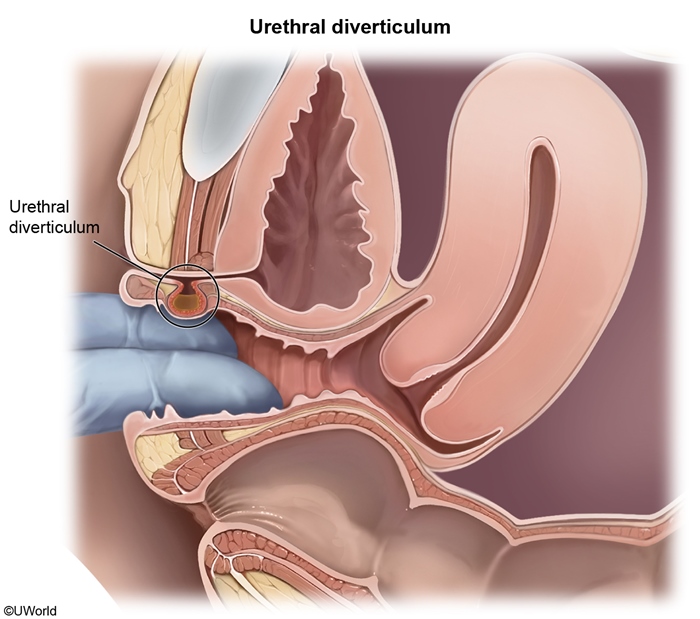Interstitial Cystitis
Article Sections
Introduction
Interstitial cystitis, also known as bladder pain syndrome, is a chronic pain condition characterized by bladder pain, pressure, or discomfort and urinary symptoms for >6 weeks, in the absence of other identifiable causes.
Pathogenesis and risk factors
Patients with interstitial cystitis have abnormalities in the urothelium lining the bladder, but the exact mechanisms leading to bladder pain are unknown. There is no clear evidence that bladder inflammation (ie, cystitis) is the underlying etiology as previously believed; therefore, interstitial cystitis is also called bladder pain syndrome or painful bladder syndrome.
Interstitial cystitis typically presents in women age >40 with no triggering event; however, in some cases, it can follow a urinary tract infection, bladder surgery, or trauma. Patients often have other chronic pain conditions (eg, fibromyalgia, irritable bowel syndrome) and psychosocial comorbidities (eg, depression).
Continue Learning with UWorld
Get the full Interstitial Cystitis article plus rich visuals, real-world cases, and in-depth insights from medical experts, all available through the UWorld Medical Library.
Unlock Full AccessFigures
